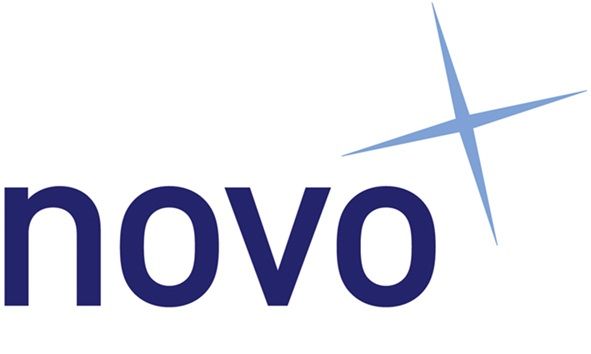The five biggest HR learnings from 2018

As we enter a new year it’s a good opportunity to assess what we’ve learned and where to go next
1. The gender pay gap is real
It would be impossible to reflect on 2018 without acknowledging the gender pay gap reporting movement. Never before has the extent of UK pay differences between men and women been exposed. But concrete action is now needed. Three-quarters of the large firms that filed their report pay men more than women, and it was found that male employees receive higher bonuses too. Shockingly there wasn’t a single sector found to pay women more.
This hasn’t just sparked a remuneration debate though. Questions surrounding the glass ceiling have come into sharp focus, as the lack of women in senior roles is alarming. This conversation needs to continue into 2019 otherwise the calculations will have been an empty exercise.
2. Flexible working demands reached new heights
Whether you love or loathe the idea of the gig economy, it has barely left the headlines in 2018. The full impact of the Uber and Pimlico Plumbers cases is yet to be clarified, but the degree of attention surrounding people’s rights should hopefully afford workers greater protection in 2019.
The gig economy isn’t an entirely bad thing, providing it gives individuals choice surrounding where and when they work as well as how they use their skills. The nine to five is practically dead and buried, which means the static employment contract as we know it is under threat. Working arrangements need to become far more dynamic if employers are to attract and retain the best talent.
3. More action is needed to protect mental health
A Cascade study published in May 2018 revealed that stress has become a way of life for four in five workers, with 67% of research participants having felt stressed at work for a period of one week or more during the 12 months previous. Twenty per cent of respondents also claimed they had been off work because of stress.
Mentalhealth.org.uk explains that stress is not a mental health problem in itself – it is an adaptation to the situation we find ourselves in. But employers and employees need to take steps to prevent chronic stress as this can lead to destructive mental and physical health problems.
Stress is only one catalyst, but the positive takeaway from 2018 is that the conversation is getting louder and stigma is – hopefully – subsiding. Let’s hope more action equals more momentum in 2019.
4. AI is not reserved for movies
In a July webinar nearly three-quarters of HR professionals said they don’t possess enough knowledge of AI and machine-learning, despite 20% claiming it is the biggest catalyst for HR change.
The encouraging point was that these individuals were trying to cut through the hype and boost their knowledge. Because, while AI is being deployed worldwide to achieve groundbreaking advances like you see in the movies, some examples of artificial intelligence in action are actually far simpler.
Strip back the high-level commentary surrounding AI and it is all about the use of machines to solve problems and work smarter – a concept that has been around since the Industrial Revolution. So it is something that every organisation can start to embrace. Automation solutions (workflows) within some of the savvier HRMS options in the market, for example, help streamline departmental efficiencies, boost compliance, free up HR time and roll out best practice.
5. HR is in the dark over numbers
Admittedly this is a sweeping statement to make; as more HR teams than ever before are drilling down into their data to uncover greater employee insight that drives change in the boardroom. But a number remain in the dark, which is very alarming.
We went to market and asked: ‘Do you know how many people you have in work today?’ Seventy-five per cent said they could calculate how many they should have but very few knew the actual figure. Without this rudimentary metric to hand how can HR do any more? How can they be strategic? This isn’t a trait of small organisations either. Global research published by the CIPD in June 2018 found that many FTSE 100 firms are failing to share workforce data in their corporate reports. This has to change in 2019.
Originally published on HR Magazine, https://www.hrmagazine.co.uk/article-details/the-five-biggest-hr-learnings-from-2018












